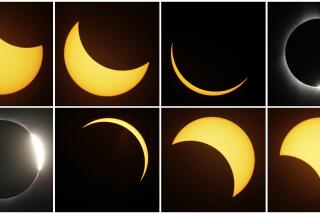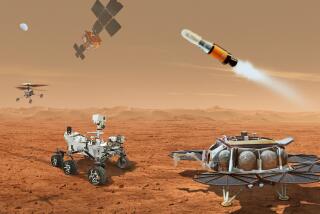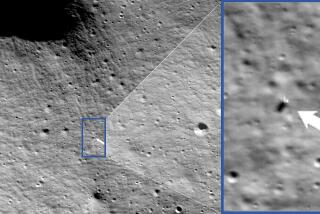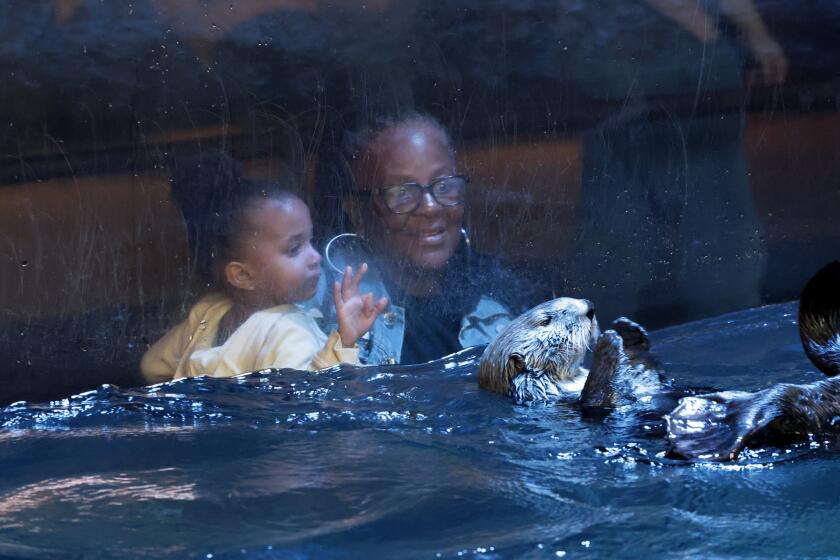ESA: Herschel space telescope blinded by heat, retires for good
Astronomers knew this day would come. The Herschel Space Observatory has run out of coolant and ceased looking into the cold, distant universe. Without liquid helium to keep the instruments chilled to minus 456 degrees Fahrenheit, the European Space Agency telescope began to run a fever and went blind, leading scientists on Monday to shutter this floating window into space.
Launched in 2009, the European Space Agency telescope fixed its infrared eyes on cold, distant regions of the universe, picking up the glow from far-off objects that would have remained invisible otherwise. Herschel stayed at the Lagrange point known as L2 -- a special spot where an object can hang in the balance between Earth’s and the sun’s gravitational pulls. This serves as prime real estate in astronomy because the space telescope doesn’t get heated and cooled by passing in and out of Earth’s shadow, as regular orbiting telescopes do.
Herschel was named after William Herschel, an astronomer who discovered the planet Uranus in 1781 as well as infrared radiation in 1800 -– the very radiation that his namesake telescope used to explore cold, dark regions of the universe.
Herschel outlived its expiration date by a year, but its end was inevitable. The spacecraft’s supply of more than 2,300 liters of liquid helium, which boiled off as it kept the instruments cooled to just a couple degrees Kelvin above absolute zero, finally petered out.
When the spacecraft is too warm, the heat from the machine interferes with its ability to pick up the infrared light emanating from distant spots in the universe, rendering the instruments useless. (It would be rather like sitting in a restaurant and straining to eavesdrop on a whispered conversation three tables away -- with a waiter yelling the specials into your ear.)
Herschel made some significant discoveries, using its instruments to look into stellar cradles where new stars were being born, tracking trails of oxygen through space and showing that comets could have brought a significant amount of water to Earth.
Astronomers had expected that at by the end of its life, Herschel would have given 110%, gathering more than 22,000 hours’ worth of science data (a tenth more than initially predicted). The final tally was in excess of 25,000 hours.
Follow me on Twitter @aminawrite.







